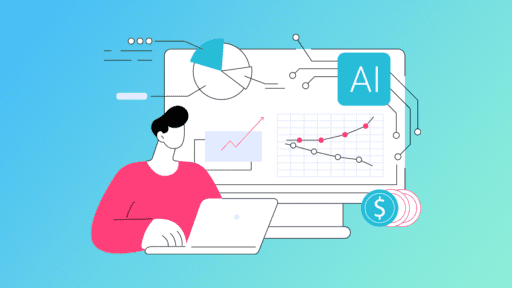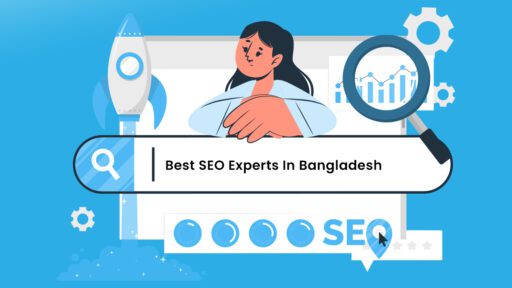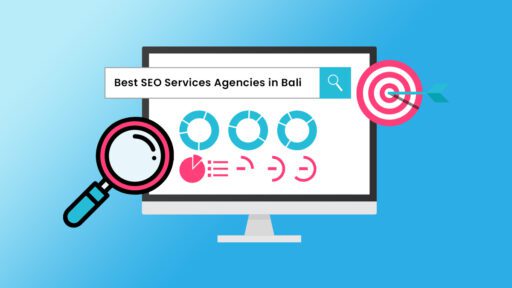Many people want their website to be at the top of search results, but sometimes it just doesn’t happen. This is often because of common mistakes made with Search Engine Optimization (SEO).
10 SEO Mistakes to Avoid for Good Ranking
Understanding these mistakes can help you fix them and improve your website’s ranking.
1. Not Using the Right Keywords
Choosing the right keywords is crucial for your website’s SEO. If you use keywords that are too broad or not relevant to your content, search engines may struggle to understand what your site is about.
This can result in lower rankings and less traffic. Instead, focus on finding specific keywords that accurately reflect your content and what your audience is searching for.
2. Ignoring Mobile Optimization
In today’s digital world, many people use their phones to browse the internet. If your website isn’t optimized for mobile devices, you could be missing out on a significant number of visitors. A mobile-friendly site adjusts to different screen sizes, making it easy for users to navigate and read your content on their phones or tablets.
3. Slow Page Speed
Page speed is a critical factor in SEO. If your website takes too long to load, visitors might leave before they even see your content. This can lead to a high bounce rate, which negatively affects your search engine rankings. Search engines prefer fast-loading websites because they provide a better user experience.
4. Poor Quality Content
High-quality content is essential for effective SEO. Content that is poorly written, irrelevant, or not engaging can drive visitors away and hurt your search rankings. Search engines aim to deliver the best possible content to users, so they favor websites with informative, well-structured, and original content.
5. Not Using Internal Links
Internal links are links that connect different pages within your website. They help visitors navigate your site and find related content. Internal links are important for SEO because they help search engines understand the structure of your site and discover new content.
6. Missing Meta Descriptions
Meta descriptions are short summaries of your webpage content that appear in search engine results. They help search engines understand what your page is about and can influence whether people click on your link.
Missing or poorly written meta descriptions can hurt your SEO because they don’t provide search engines or users with a clear idea of your page’s content.
7. Broken Links
Broken links are links on your website that lead to non-existent or incorrect pages. They create a poor user experience because visitors cannot access the information they are looking for. Search engines also see broken links as a sign of a poorly maintained website, which can negatively affect your SEO.
8. Not Updating Content
Keeping your content updated is essential for maintaining good SEO. Outdated content can make your site look neglected and less relevant to search engines and visitors. Regularly updating your content shows search engines that your site is active and provides up-to-date information.
9. Ignoring Analytics
Analytics tools, like Google Analytics, provide valuable insights into how your website is performing. Ignoring these tools means missing out on important data about your visitors, such as how they found your site, which pages they visit most, and how long they stay.
This information can help you understand what is working well and what needs improvement. Without analytics, you are essentially operating in the dark, making it harder to make informed decisions that can enhance your SEO efforts.
10. Skipping Image Optimization
Images can make your website more engaging, but if they are not optimized, they can slow down your page speed and hurt your SEO. Large, uncompressed images take longer to load, which can frustrate visitors and cause them to leave your site.
Conclusion
Improving your website’s ranking on search engines takes time and effort. By avoiding common SEO mistakes, you can make your site more visible and attract more visitors. Keep learning and adjusting your strategy to stay ahead in the online world.
FAQs
1. What is SEO and why is it important?
A: SEO stands for Search Engine Optimization. It is important because it helps your website show up in search engine results, which can bring more visitors to your site. Good SEO makes it easier for people to find your content when they search for related topics.
2. How can I choose the right keywords for my website?
Choosing the right keywords involves thinking about what words people might use to search for your content. Use tools like Google Keyword Planner to find popular search terms. Pick keywords that are relevant to your site and not too competitive, so you have a better chance of ranking well.
3. Why is having a mobile-friendly website important for SEO?
A mobile-friendly website is important because many people use their phones to search the internet. Search engines like Google prefer websites that work well on mobile devices. If your site isn’t mobile-friendly, it might rank lower in search results.
4. How does page speed affect SEO?
Page speed is how quickly your website loads. If your site takes too long to load, visitors might leave, and search engines may rank your site lower. To improve page speed, optimize images, use fast hosting, and minimize the use of heavy scripts.







